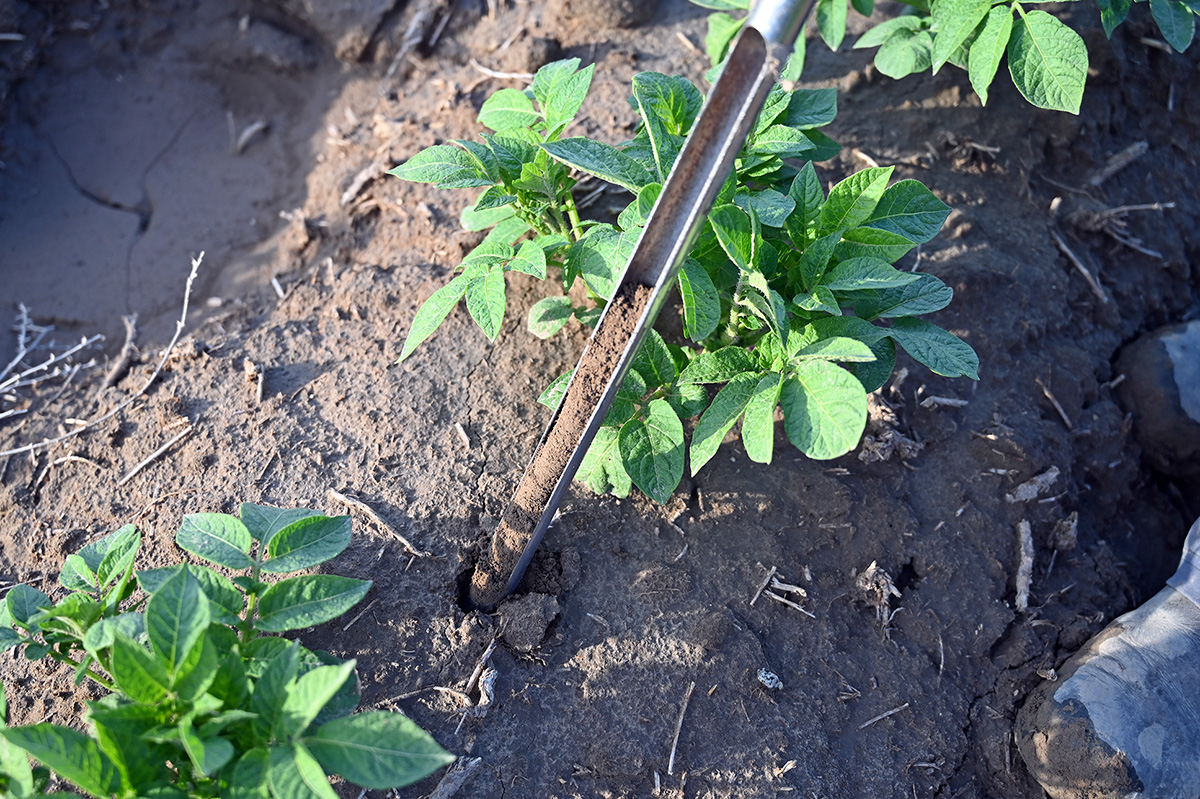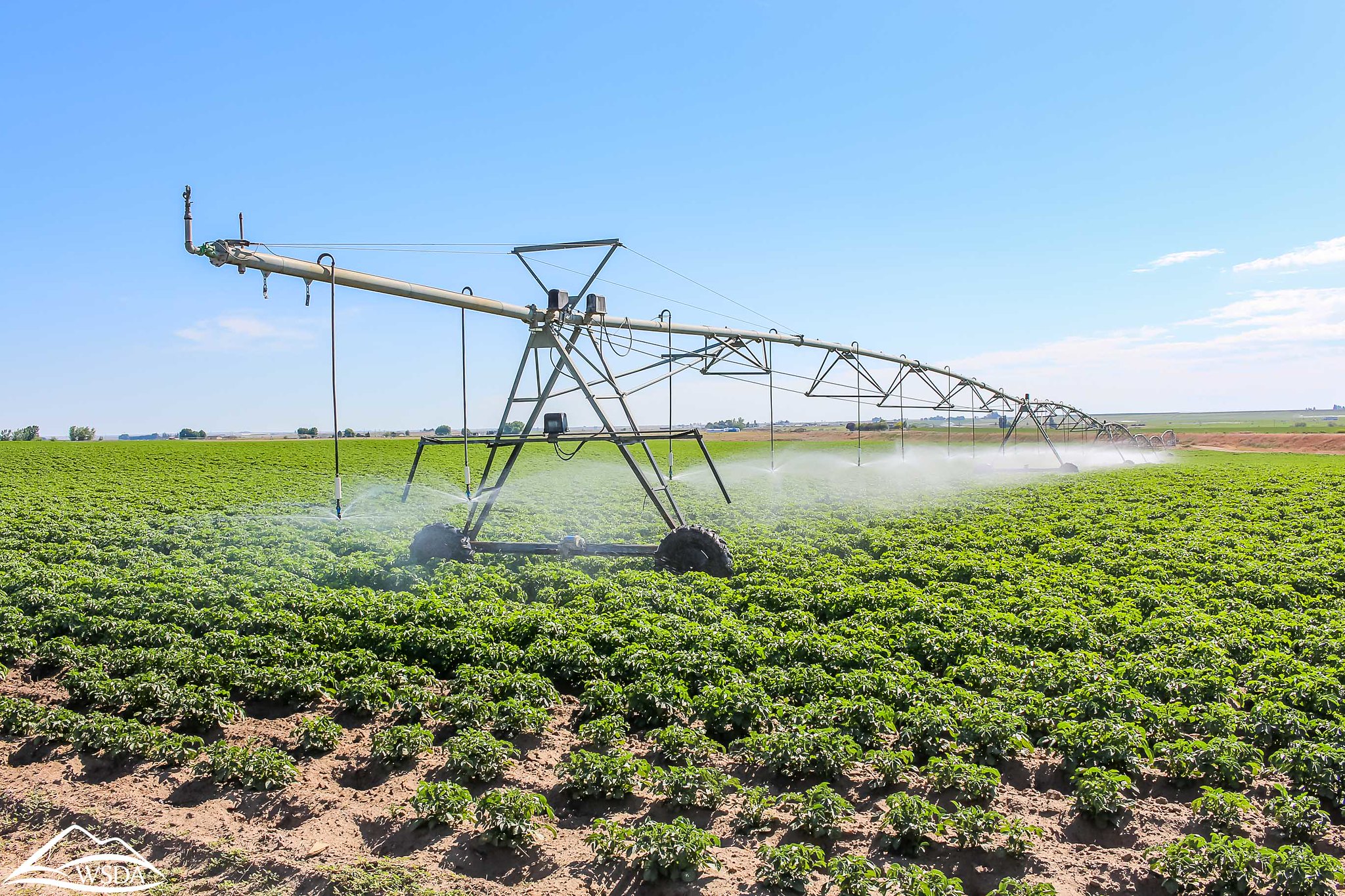Each year, the department will analyze the data collected to determine the qualitative and quantitative effects of the program on soil quality and carbon storage. This information will be compiled into a report which is submitted annually to the legislature.
Data Collection
Chain of Custody Form (2023-2024)
To view an example of a filled out COC form, click this link.
Each year, the department will analyze the data collected to determine the qualitative and quantitative effects of the program on soil quality and carbon storage. This information will be compiled into a report which is submitted annually to the legislature.

Soil Sampling
Soil Sampling Process
Once a farm signs the grant agreement contract and becomes a participant in the program, WSDA will send it sent a soil sampling kit that includes the necessary materials to gather soil samples (see the Soil Sampling Kits section below for more details). Each farm will follow the same procedure:- Prior to compost application, the farm will collect soil samples following the process outlined in WSDA’s Soil Sampling Protocol included in their kit.
- The farm will package the soil sample bags using the prepaid postage box provided in its soil sampling kit.
- The farm will fill out all relevant information on the Chain of Custody form, upload a scan or picture of the form to the online grant portal, and place the form in the prepaid postage box with their soil samples.
- The farm will then drop off the box at any United States Postal Service mailbox, where it will be shipped to the lab for testing.
- Once shipped, a farm may purchase and apply eligible compost to its fields for the program year.
Soil Sampling Kits
All farms participating in the Compost Reimbursement Program will receive a soil sampling kit. This kit provides instructions on how to collect the soil sample and provides a pre-paid mailing box, to ship the samples to a lab for testing. WSDA covers shipping and sample analysis costs.Each soil sampling kit contains:
- 1 box with pre-paid mailing labels attached.
- WSDA's Soil Sampling Protocol in English (if the Spanish version of the protocol is preferred, please send a request to compost@agr.wa.gov)
- Soil sample Chain of Custody form
- 2 sample collection bags
- Sample packaging instructions.
- 1 rubber band
Soil Data
Soil samples will be measured for a wide range of physical and chemical properties. WSDA has selected these properties to analyze the long-term effects of the compost application on the farm’s soil. The soil data reference above shows what values are being measured by the lab. Each participating farm will automatically receive their sample data in September following their program year participation.
Crop & Field Survey
For the survey, farms will be asked to select one of their fields that will receive compost and which best reflects their farmland overall. This will be the same field in which soil samples will be collected. Some information gathered in the Crop & Field Survey for the selected field includes:
- Five-year crop history for the field and qualitative success of crop yields
- On farm impacts (disease, weeds, etc.)
- Management methods (soil amendments, irrigation, tillage, grazing, etc.)
- Farming type (agriculture, apiculture, silviculture, etc.)
For general grant and eligibility questions, email Compost@agr.wa.gov.
Grant awards are taxable and will be reported by WSDA to the IRS. All program records and data are subject to public disclosure.
The WSDA Compost Reimbursement Program is supported with funding from Washington’s Climate Commitment Act. The CCA supports Washington’s climate action efforts by putting cap-and-invest dollars to work reducing climate pollution, creating jobs, and improving public health. Information about the CCA is available at www.climate.wa.gov.
